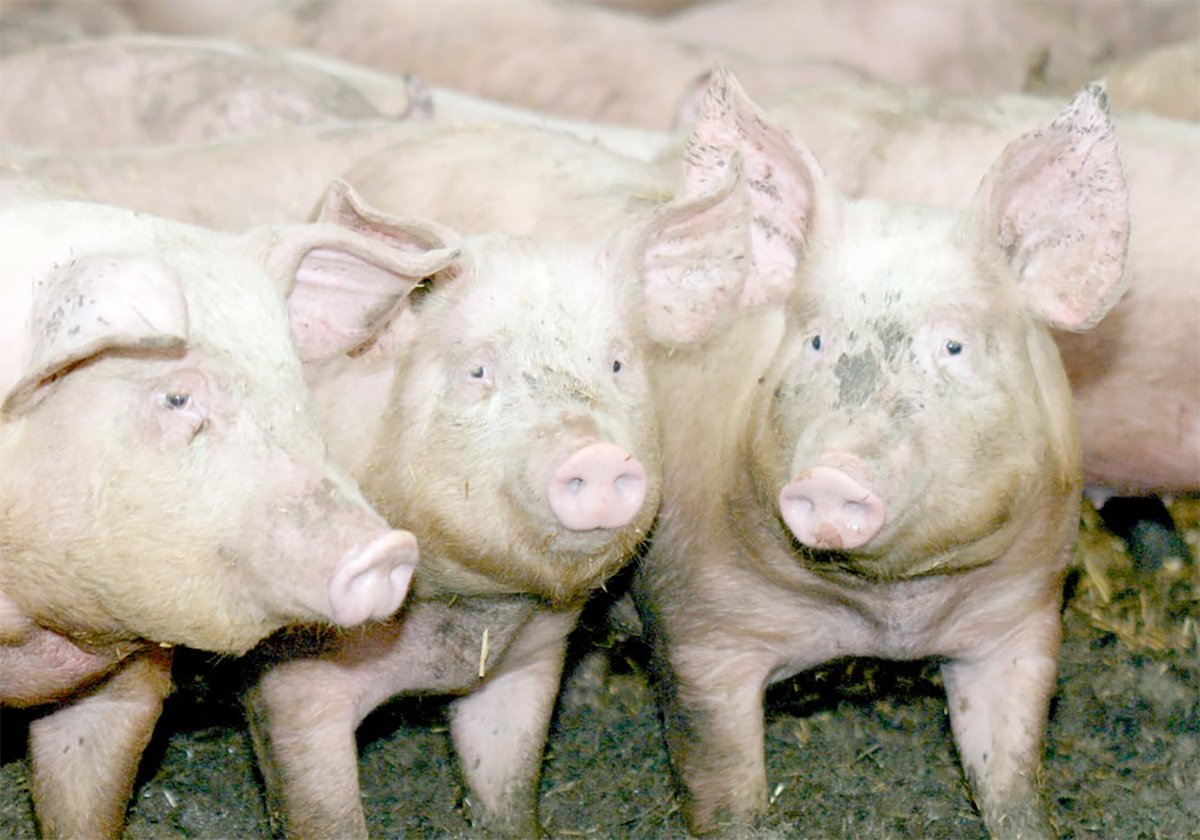Proposed livestock regulation changes will eliminate cattle deals sealed with a handshake and bills of sale drawn up on the back of cigarette packages, says the head of Alberta Agriculture’s regulatory services division.
Cliff Munroe said proposed regulations are aimed at closing loopholes that have caused problems in the cattle industry where millions of dollars are at stake.
The new Livestock Identification Act is a consolidation of three existing acts: the Brand Act; the Livestock Identification and Brand Inspection Act and the Livestock; and Livestock Products Act.
Read Also

The Western Producer Livestock Report – November 13, 2025
Western Producer Livestock Report for November 13, 2025. See U.S. & Canadian hog prices, Canadian bison & lamb market data and sales insights.
One of the key changes is that bills of sale have been standardized and now have mandatory content while still allowing sellers and dealers to customize the forms to meet the needs of each market.
The security interest and lien declaration section of the new act makes it mandatory that sellers disclose any other owner or part owner of their animals. Multiple owners of an animal became a problem when Bonnett Feeders of Ponoka, Alta., was placed into bankruptcy protection. Both banks and producers claimed to have ownership stakes in the feedlot animals while not knowing the other parties also claimed ownership.
“When you sell cattle, when you manifest them to a feedlot or packing plant or auction market, you are going to have to declare on the manifest who else owns those cattle or who has an interest in them,” Munroe said.
“Now you’ve declared that not only you own the cattle but there’s a lien interest from the bank.”
Almost 90 percent of the cattle traded in Alberta are bought with some kind of loan. Any seller not declaring another interest would raise a red flag.
If the auction market or feedlot practises due diligence and ensures that the seller declares the other owners of the animals, it will protect the market from being sued by banks or lending agencies.
“It shouldn’t be an auction markets fault if there’s a client of the Bank of Montreal that didn’t declare the loan.”
The new act also requires all buyers of cattle and horses to pay within two business days after taking possession of the animals. Munroe said feeder associations and packing plants can take a week to pay for animals.
As well, the act requires dealers receiving money from the sale of someone else’s livestock to deposit the money into a trust account.
“It’s your money and the dealer in some instances would use that money to go out and buy other cattle,” he said.
“If something ever goes awry with the dealer, and it has, the bucks are gone. It’s just a fact it wasn’t a compulsory thing and there was opportunities for people to lose those funds.”
Munroe hopes the act, which has been in the planning stages for five years, will pass second and third readings before the legislature ends its spring sitting. Once the act receives third reading, it will take another eight to nine months to change the regulations associated with the act.














